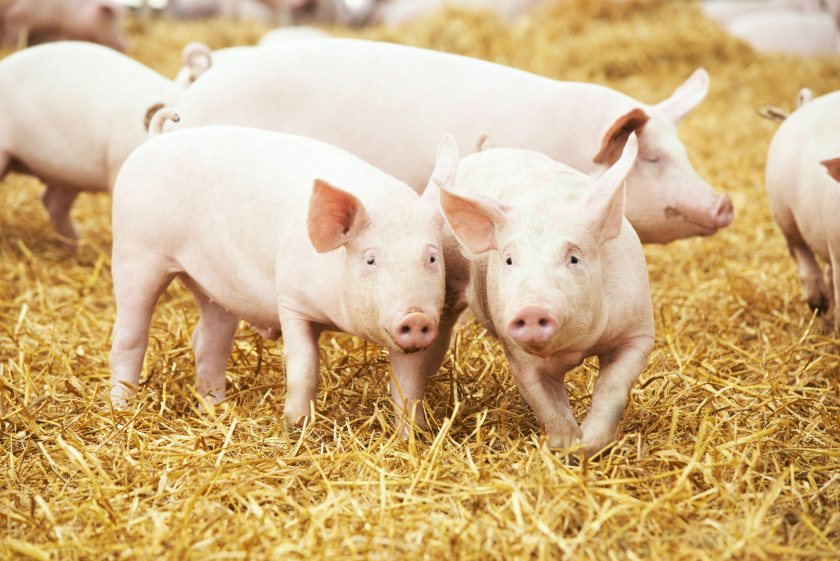
Pig farmers are being urged to tighten biosecurity after a sharp rise in cases of swine dysentery has raised concerns about disease control and on-farm hygiene across the UK.
Government figures show the number of confirmed outbreaks caused by Brachyspira hyodysenteriae has climbed steadily over the past three years — from just eight cases in 2021 to 54 in 2024 — according to the GB Pig Surveillance Dashboard.
The AHDB’s Significant Diseases Charter has also recorded 12 new cases in seven counties up to mid-September, including one in Scotland, suggesting the disease continues to spread despite control efforts.
Swine dysentery is a highly infectious bacterial disease that affects growing and finishing pigs as well as young breeding stock.
While it poses no risk to human health, it can cause severe diarrhoea, dehydration and loss of condition in pigs, leading to significant welfare and financial impacts for producers.
Industry specialists warn that the recent increase points to gaps in on-farm hygiene and movement controls, both within and between units.
Biosecurity expert Nigel Bennet from Roam Technology said the data underlines the urgent need for action. “We all know that African swine fever is knocking at our door,” he said.
“This data shows there are already biosecurity weaknesses that are allowing diseases like swine dysentery to spread. Every movement of people, vehicles or animals has the potential to bring new infections in or spread them around the site.”
In response to rising infections, AHDB has relaunched its Muck Free Truck campaign to emphasise the importance of keeping vehicles clean when entering or leaving farm sites — and to empower producers to turn away those that fail to meet standards.
AHDB’s Lauren Turner said collaboration and transparency are crucial if the industry is to get ahead of the disease. “There’s still stigma around reporting swine dysentery — nobody wants to be ‘that one’ — but we need to tackle this as an industry,” she said. “The earlier we can alert others, combined with good biosecurity, the better.”
The levy board has also secured a 12-month licence for a BioCheck tool, used by vets to evaluate farm biosecurity and pinpoint weak areas that could be exploited by disease.
Veterinary surgeon Dr Annie Davis of the George Vet Group said her practice has seen more mild or hidden cases, where clinical signs are not immediately obvious.
“In less dramatic cases, you might just see loose stools, particularly in slatted systems,” she explained. “The only way to know what you’re dealing with is to test — and that’s what we’re encouraging all farmers to do.”
Dr Davis said early diagnosis is vital to contain outbreaks quickly. “Internal biosecurity is just as important as external,” she added.
“Look closely at pig movements, shared equipment and medication protocols. Where disease pressure is too high, partial depopulation or repopulation may be the only effective option.”
Mr Bennet said a robust biosecurity culture benefits farms far beyond individual disease control. “Good biosecurity isn’t just about stopping swine dysentery,” he said. “It’s about protecting the overall health, productivity and reputation of your farm.
"By keeping infectious diseases out — or stopping them spreading — producers can safeguard pig welfare, reduce antibiotic use and protect their bottom line.”
